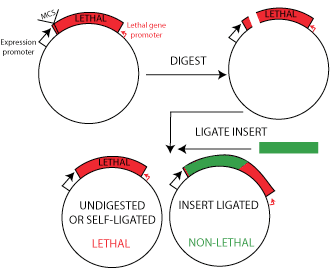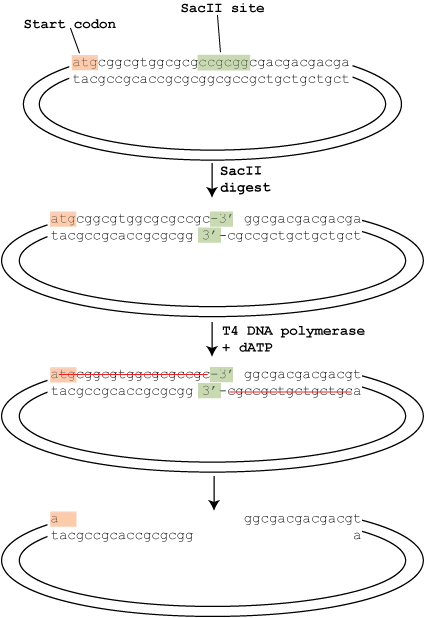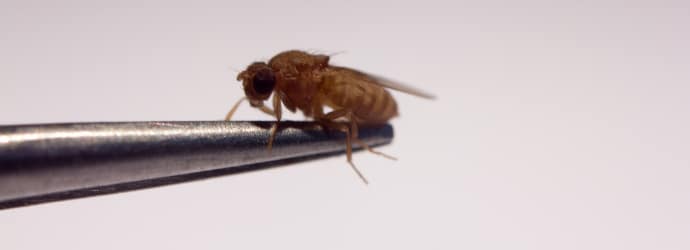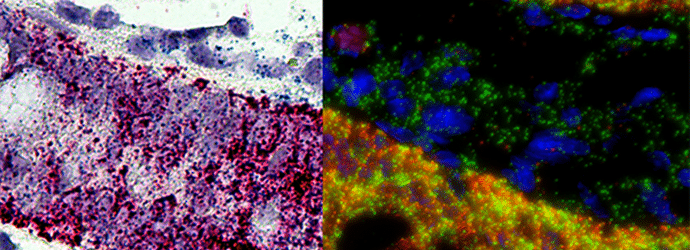Isn’t it a pain digesting, purifying and dephosphorylating your cloning vector prep to eliminate prevent high background in your ligation/transformation? A new generation of positive selection cloning vectors promises to eliminate all of that hassle by killing off any vector that has not taken up the insert you are trying to clone.

The positive selection comes from a conditionally expressed lethal gene, such as a restriction enzyme, whose coding sequence contains the multiple cloning site. The lethal gene is disrupted by the ligation of a DNA insert into the multiple cloning site. Any undigested or self-ligated vector copies retain a functional copy of the lethal gene and are therefore selected against in the transformation.
This eliminates the need for extensive vector purification, and in fact the manufacturers say that no vector preparation is required at all for top notch cloning – just digest, ligate and transform without any purification at all and get close to 100% positive clones back. Sounds great – I think I might try it out!
Enjoying this article? Get hard-won lab wisdom like this delivered to your inbox 3x a week.

Join over 65,000 fellow researchers saving time, reducing stress, and seeing their experiments succeed. Unsubscribe anytime.
Next issue goes out tomorrow; don’t miss it.
You made it to the end—nice work! If you’re the kind of scientist who likes figuring things out without wasting half a day on trial and error, you’ll love our newsletter. Get 3 quick reads a week, packed with hard-won lab wisdom. Join FREE here.







